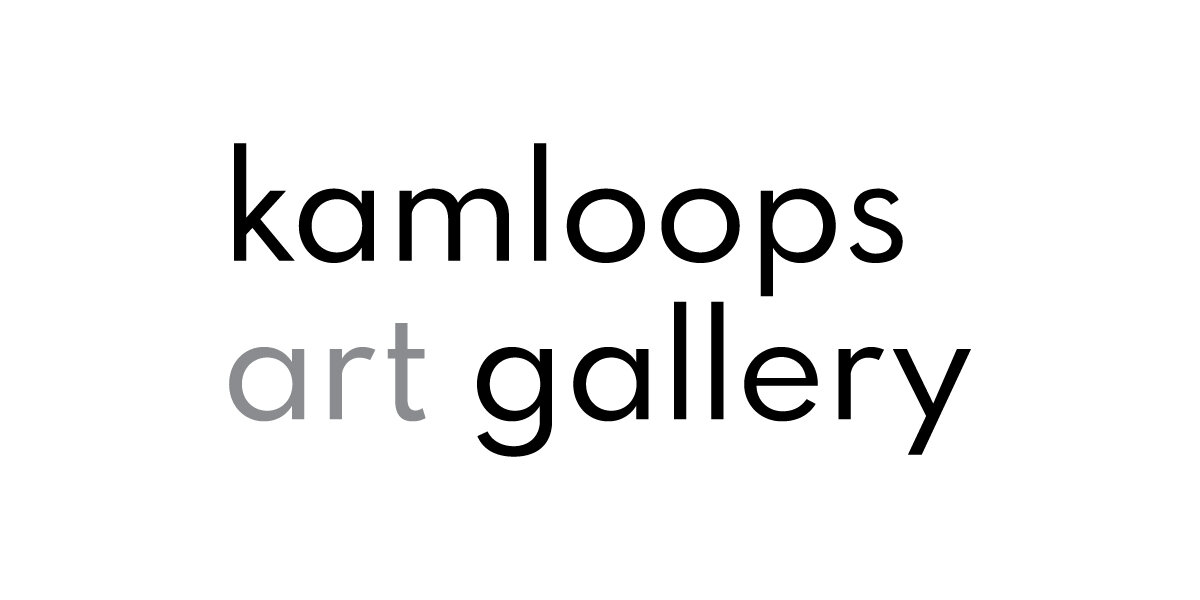Sebastian De Line
(Haudenosaunee-Métis-Cantonese descent; Bear Clan)
Burnaby BC, Unceded Territories of the Sḵwx̱wú7mesh (Squamish), Səl̓ílwətaʔ/Selilwitulh (Tsleil-Waututh), and xʷməθkʷəy̓əm (Musqueam) Nations 1977
Currently based in Kingston ON, Haudenosaunee, Anishinabewaki ᐊᓂᔑᓈᐯᐗᑭ, and Wendake-Nionwentsïo Territory
Walking Ohénton Karihwatéhkwen
(walking + words before all else)
2018
Audio tour
With Adria Kurchina-Tyson
and Nathan Thanyehténhas Brinklow
Collection of the Artist
PART ONE
A tracklist is offered here.
Pick up an audio player at the Admissions Desk.
For this presentation at the Kamloops Art Gallery, the first statement is in Secwepemctsín, the language of our hosts in Secwepemcúl̓ecw.
Sebastian De Line is a queer, trans artist and scholar of Haudenosaunee-Métis-Cantonese descent who was born in Burnaby, BC, on the unceded territories of the Musqueam, Squamish and Tsleil-Waututh nations. He/they hold a BFA in Autonomous Fine Art from the Gerrit Rietveld Academy, an MA in Art Praxis from the Dutch Art Institute and is currently a PhD Candidate in Cultural Studies at Queen’s University (situated on traditional Haudenosaunee and Anishinaabe territory). His/their work seeks a non-spectacular form of art that enables an intimacy with the spectator – encompassing drawing, painting, sculptural installation and storytelling.
Resources for Further Research
Additional information and writings about Sebastian De Line, compiled by the Morris and Helen Belkin Art Gallery team.
Read an essay written by Sebastian De Line about Posthumanism and Decolonization
Read an essay by Sebastian De Line on Museology and Rematriation
Suggested Further Reading
Simpson, Leanne Betasamosake. “Indigenous Queer Normativity.” As We Have Always Done: Indigenous Freedom through Radical Resistance. Minneapolis, MN: University of Minnesota Press, pp 119-144.
Sebastian De Line, Walking Ohénton Karihwatéhkwen (walking + works before all else), 2018, Audio tour With Adria Kurchina-Tyson and Nathan Thanyehténhas Brinklow. Collection of the artist. Installation view at the Morris and Helen Belkin Art Gallery, University of British Columbia. Photo: Rachel Topham Photography.
She:kon. What I can share is like one rain drop touching the expanse of Lake Ontario and all the waterways in connection. The way the Ohen:ton Karihwatéhkwen (words before all else) was taught to me (as a Haudenosaunee way of knowing and doing) by my cousin Deadiy’do:we (Stewart Deline) and my Elder, Te howis kwûnt (Allen Doxtator) is that they are words of gratitude, ideally spoken at sunrise to all our relatives or who some people refer to as “all our relations.” Al says that they are spoken whenever any gathering of two or more people come together. This is not a prayer and that is why you may commonly know of it in English as the Thanksgiving Address. But not only is it an address, it’s also a greetings to our relatives and an acknowledgment of the reciprocal relationship with all living beings: the waters, lands, grasses, bushes, trees, medicines, swimmers, crawlers, flyers, all of human kind, the winds, the thunderers, the four beings, our celestial Ancestors (moon, sun, stars), and the Creator. Something else that is special about the Ohen:ton Karihwatéhkwen is that when we call our relatives to offer our thanks, we also bring our minds together as one. Some people might call this collective consciousness. This collective responsibility is also mentioned when we end the Ohen:ton Karihwatéhkwen by stating that if we forgot something or there is something further needed, we ask that you finish these words for all of us. Again, this is both an acknowledgment that we all make mistakes and are forever learning, and that no one person carries all the gifts that come from the Creator – we need to rely on each other as one good mind. This is an aspect of natural law in our necessity for reciprocity.
When we come together as one good mind, we are maintaining a balance of natural law. Since the words before all else were first spoken at the start of Soundings: An Exhibition in Five Parts which opened at the Agnes Etherington Art Centre in Kingston, Ontario, the artworks and some of the artists in the show are still traveling together as one good mind to each of the territories visited throughout this traveling exhibition. While this exhibition visits T'K̓emlupsemcúl̓ecw unceded lands, I offer my greetings and thanks to the T'K̓emlúps te Secwépemc Nation for hosting all of us in Soundings and those who participate in various capacities. Since I will not have the chance to visit one of your Elders in person and offer tobacco to ask for permission to play my piece on your territories, I put tobacco down here in Lake Ontario for you all to receive.
Niawen:kowa.

